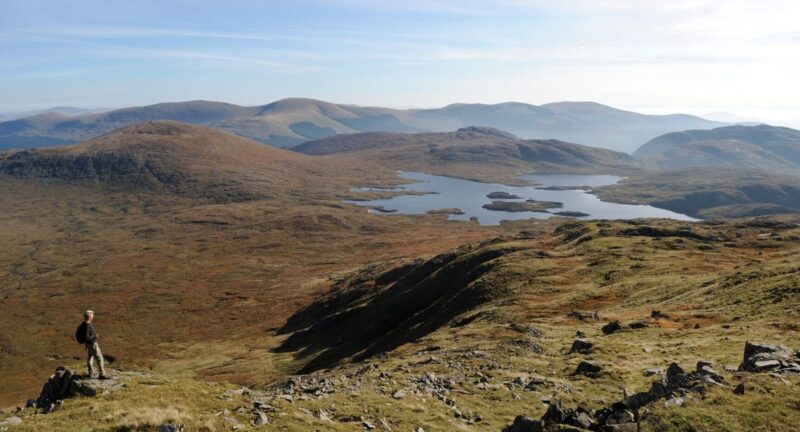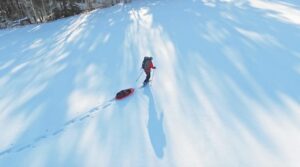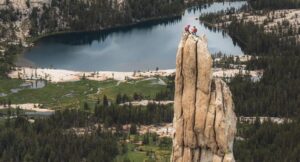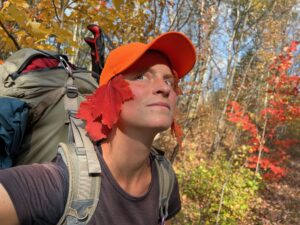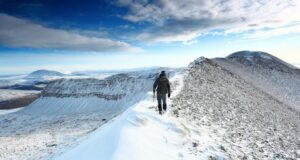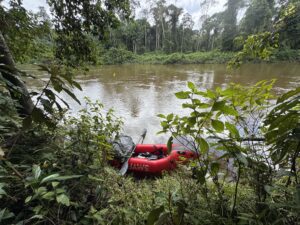When we’re not outdoors, we get our adventure fix by exploring social media and the web. Here are some of the best adventure links we’ve discovered this week.
Scotland’s New National Park: It took 21 years, but authorities have created two new protected areas in Scotland: a national park in Galloway and 190,000 hectares of Flow Country, the world’s largest blanket bog. Ronald Turnbill details why both areas are so special.
If You Can Do It, You Can Do It At Night: Astrotourism, tourism that revolves around stargazing, is growing in popularity. Activities that you love during the day — hiking, kayaking, photography — can also be magical at night.
The New York Times recommends five nighttime adventures, from snorkeling under the stars to a full-moon goat hike.
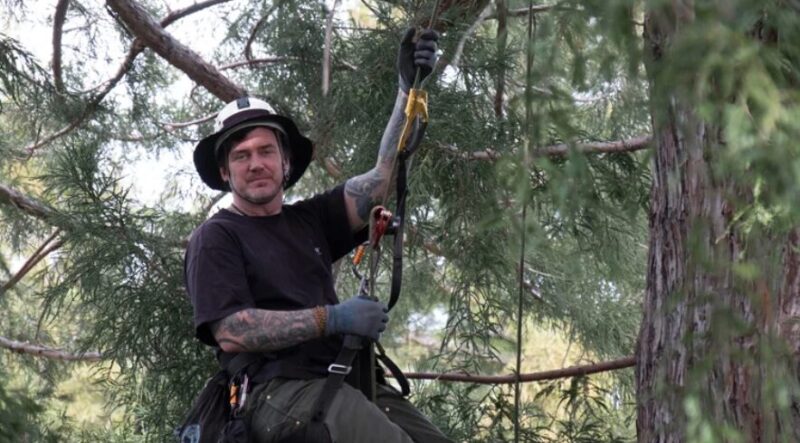
Tim Kover. Photo: Steve Lillegren
Ninja tree-climbing
Influencers Are Harming Californian Redwoods: Tim Kover is an elite, professional tree climber. Over the past 30 years, his obscure passion has become widely popular several times. Each time, he gets the same feeling: frustration. The latest trend is “ninja climbing,” with influencers attempting to scamper up huge trees. A recent headline detailed illegal climbs on California’s giant redwoods.
“These guys are seeking out the biggest, baddest trees to ‘conquer’ and posting videos of themselves doing it online,” says Kover. “It’s disrespectful to nature and to the scientific researchers whose life’s work is up in those trees.”
How Do Climbing Careers End?: Everything ends eventually. Will Esposito reflects on how famed climbers said goodbye to their careers. For some, their bodies could no longer keep up, some stopped after accidents or injuries, and others died in the mountains. Some simply moved on.
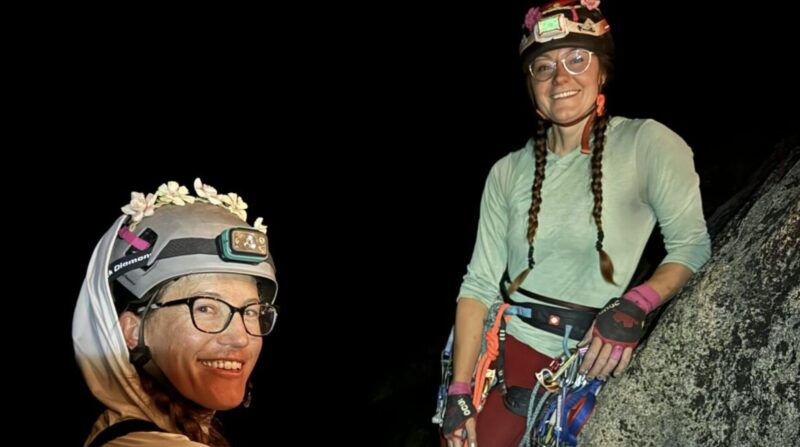
Kate Kelleghan (right) and Michelle Pellette (left). Photo: Jack Keane
El Cap twice in a day
Female Team Climbs El Cap Twice in a Day: On June 3, Kate Kelleghan and Michelle Pellette became the second female team to summit El Cap twice in a day. Their first ascent of The Nose took eight hours and fifty-four minutes; their second ascent, on Lurking Fear, took nine hours and forty-five minutes.
Teacher Finds Bear in Classroom: Last week, Elaine Salmon returned to her classroom to find a bear munching on granola bars. The young bear had cracked into the classroom’s earthquake crisis kit. Fortunately, there were no students in the room at the time.
Incidents like this are becoming more common in areas of northern California. The bears know there are easy meals in residential areas and are increasingly desensitized to humans.
Skiing Mont Blanc
The Fastest Woman to Ski Mont Blanc: On June 5, Anna Demonte set a new women’s FKT skiing Mont Blanc. After climbing to the summit, she skied down the Grand Mulets route, all in an incredible seven hours and 29 minutes.
Two-and-a-half months later, Demonte has released a video documentary of her journey. Her FKT is two minutes slower than the women’s on-foot time set by Hillary Gerardi.
The Maverick Archaeologist of the Americas: In 1976, Tom Dillehay went to the area where humans first set up camp in the Americas. His analysis suggested humans arrived 14,500 years ago, roughly 1,500 years earlier than previous studies concluded.
The academic establishment did not take Dillehay, then 27 years old and without a finished doctorate, seriously. Decades of disagreement followed. The authors of earlier studies tried to get him fired and even suggested he was a CIA plant. Twenty-one years and plenty of data later, experts finally agreed that Dillehay was right.
